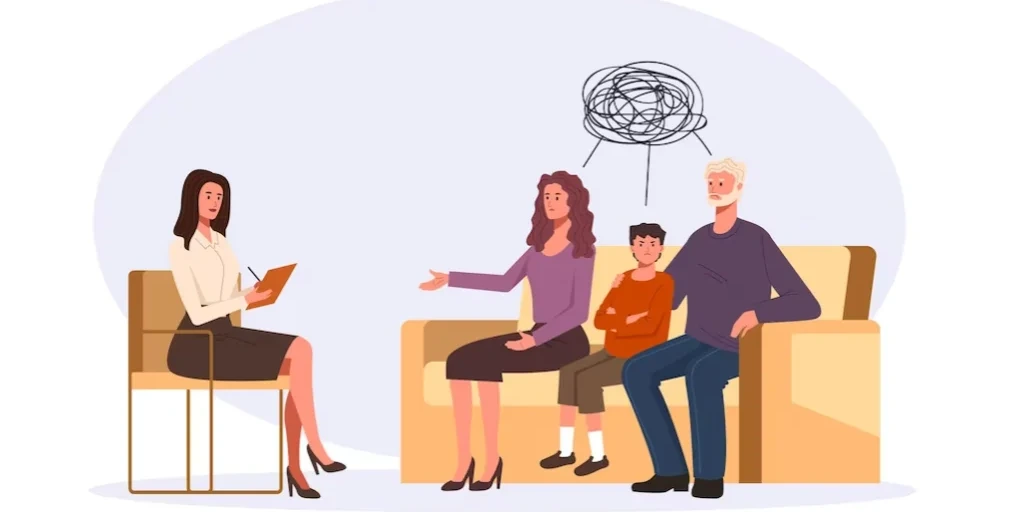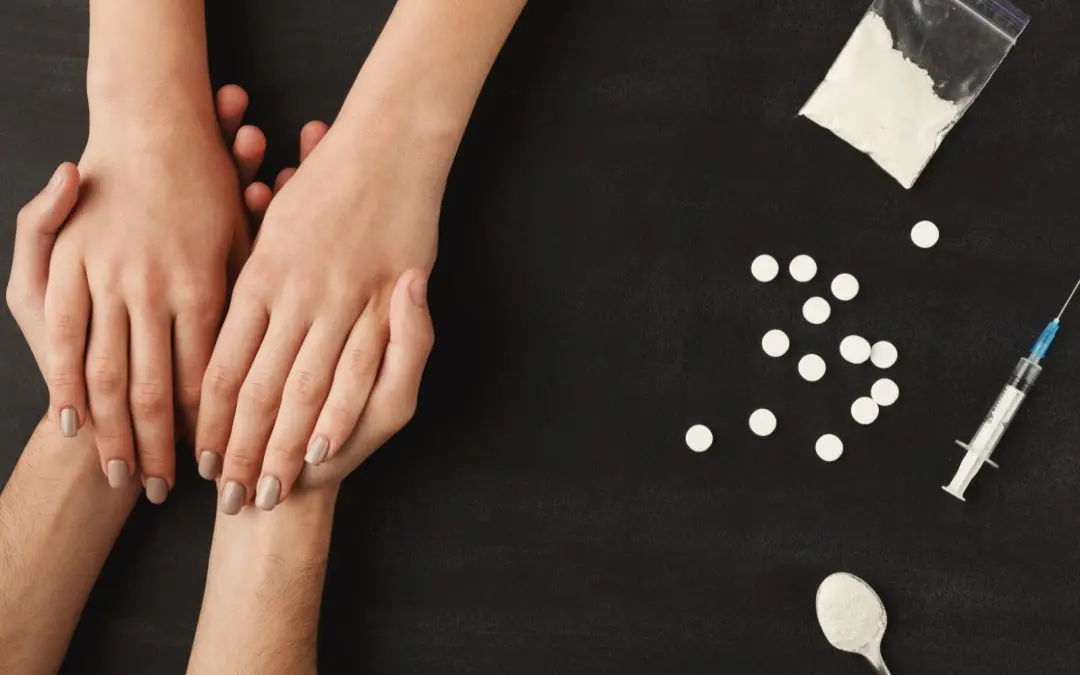24/7 Helpline:
(866) 899-221924/7 Helpline:
(866) 899-2219
Learn more about PTSD Treatment centers in Dowagiac
PTSD Treatment in Other Cities

Other Insurance Options

American Behavioral

Ceridian
Beacon

Humana

Cigna

Group Health Incorporated

EmblemHealth

State Farm

BlueCross

Evernorth

CareSource

Multiplan

Aetna

Providence

Anthem

AllWell

UMR

Premera

Sutter

Excellus






Woodlands Behavioral Healthcare Network
Woodlands Behavioral Healthcare Network works with individuals, families, and the community to inspi...





















































































